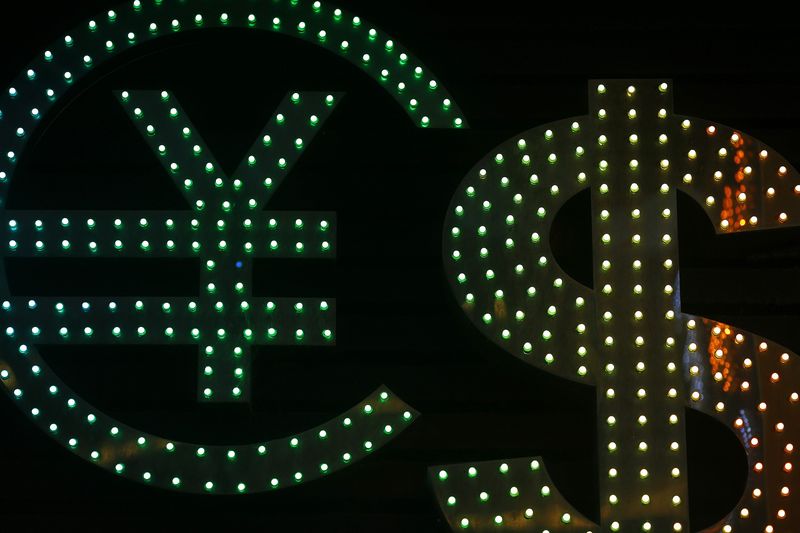Bank of America (Bofa) has issued a report in which she expresses her concern about the sustainability of the recent performance of the Korean won. She predicts that the currency will probably be faced with challenges in the coming months as a result of potential global trade tensions and the Korean export prospects for 2025.
The report follows the inauguration of the Second Government Trump, which has not had immediate consequences for the import tariffs for China or the other trading partners of the US. This status quo has encouraged the markets to lift long American dollar covers, especially in relation to the Chinese Yuan (CNH), which led to a significant decrease in the value of the Yuan. The CNY fixing fell to 7.17, compared to a stable 7.19 since the beginning of December 2024.
Despite the relief, BOFA analysts warn that this should not be interpreted as a shift in the fundamental prospects for trade policy. President Trump has mentioned the possibility of introducing a rate of 25% on goods from Canada and Mexico, which could escalate the global trade tensions.
In Korea, the government is actively working on maintaining the stability of the Korean won (WFD) in the midst of political uncertainties and to maintain the confidence of international investors. The National Pension Service (NPS) and the Bank of Korea (BOK) use strategies to mitigate the currency barrier, including adjusting the covering ratios and direct market intervention.
These efforts have ensured that the Korean won temporarily the best -performing Asian currency year has become so far, a change in relation to his position as the worst performing of the past twelve months. However, Bofa analysts believe that this trend will probably not last, given their negative prospects on Korean export growth and the potential impact of the trade tensions between the US and China on the land.
On the basis of these analyzes, BOFA has initiated a long trade recommendation, with an entry point at 1,442, a purpose of 1,480 and a stop at 1,420. The recommendation is based on the expectation of persistent commercial certainties for Korea, although potential risks for this trade, among other things, long -term trade discussions between the US and China and a more powerful response from the Korean government are to guarantee the stability of the foreign currency.
This article was created with the support of AI and assessed by an editor. For more information see our terms and conditions.


